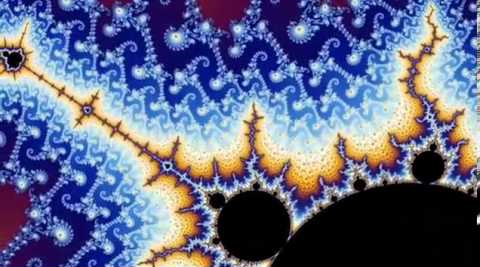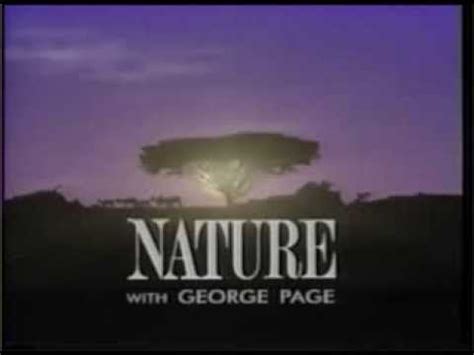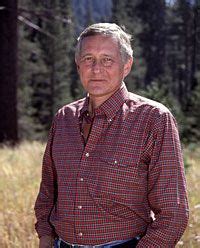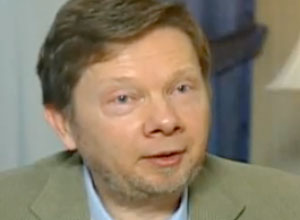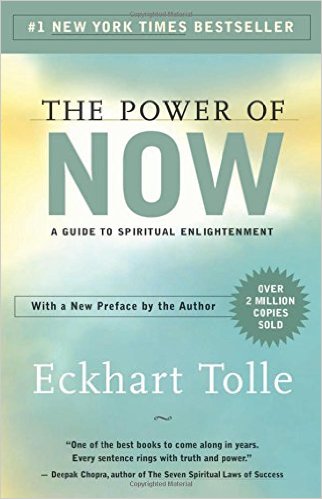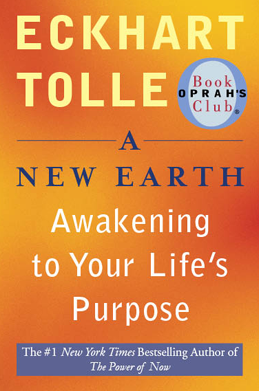|
home | what's new | other sites | contact | about |
||||||||||||
|
Word Gems exploring self-realization, sacred personhood, and full humanity
Zen
Wikipedia: (excerpts) "Zen is a school of Buddhism that originated in China during the Tang dynasty… The term Zen is derived from the Japanese pronunciation of the Middle Chinese word (Chán), which traces its roots to the Indian practice of dhyana ('meditation,' 'absorption'). Zen emphasizes rigorous self-control, meditation-practice, insight into the nature of things (Ch. jianxing, Jp. kensho, 'perceiving the true nature'), and the personal expression of this insight in daily life, especially for the benefit of others. As such, it de-emphasizes mere knowledge of sutras [proverbs] and doctrine and favors direct understanding through spiritual practice and interaction with an accomplished teacher. The practice of dhyana or meditation, especially sitting meditation, is a central part of Zen Buddhism."
Deepak Chopra, Synchrodestiny: Harnessing the Infinite Power of Coincidence to Create Miracles: “According to Vedanta, there are only two symptoms of enlightenment, just two indications that a transformation is taking place within you toward a higher consciousness. The first symptom is that you stop worrying. Things don't bother you anymore. You become light-hearted and full of joy. The second symptom is that you encounter more and more meaningful coincidences in your life, more and more synchronicities. And this accelerates to the point where you actually experience the miraculous." Dogen Zenji: "You should study not only that you become a mother when your child is born, but also that you become a child." Taisen Deshimaru: "Think with your whole body." Zen proverb: "What is the sound of one hand clapping?" Taisen Deshimaru: "If you have a glass full of liquid you can discourse forever on its qualities, discuss whether it is cold, warm, whether it is really and truly composed of H-2-O, or even mineral water, or sake. Meditation is drinking it!" Taisen Deshimaru: "Harmonizing opposites by going back to their source is the distinctive quality of the Zen attitude, the Middle Way: embracing contradictions, making a synthesis of them, achieving balance." Dogen Zenji: "To study Buddhism is to study ourselves. To study ourselves is to forget ourselves." Dogen Zenji: "Those who see worldly life as an obstacle to Dharma [“the principle of cosmic order”] see no Dharma in everyday actions. They have not yet discovered that there are no everyday actions outside of Dharma." Dogen Zenji: "I come to realize that mind is no other than mountains and rivers and the great wide earth, the sun and the moon and stars."
Dogen Zenji: "In a mind clear as still water, even the waves, breaking, are reflecting its light." Buddha: "You will not be punished for your anger; you will be punished by your anger." Shunryu Suzuki: "Zen is not some kind of excitement, but concentration on our usual everyday routine." Dogen Zenji: "A flower falls, even though we love it; and a weed grows, even though we do not love it." Buddha: "One who conquers himself is greater than another who conquers a thousand times a thousand on the battlefield." Sw. Chidananda Tirtha: “Then as well as now, kings and priests, leaders and politicians, have used religions more to enslave people than to free them.” Buddha: "Before enlightenment; chop wood, carry water. After enlightenment; chop wood, carry water."
Shunryu Suzuki: “I discovered that it is necessary, absolutely necessary, to believe in nothing. That is, we have to believe in something which has no form and no color - something which exists before all forms and colors appear... No matter what god or doctrine you believe in, if you become attached to it, your belief will be based more or less on a self-centered idea.” Dogen: “If you are unable to find the truth right where you are, where else do you expect to find it?” Bodhidharma: “Not thinking about anything is Zen. Once you know this, walking, sitting, or lying down, everything you do is Zen.” Shunryu Suzuki: “Zen is not some fancy, special art of living. Our teaching is just to live, always in reality, in its exact sense. To make our effort, moment after moment, is our way. In an exact sense, the only thing we actually can study in our life is that on which we are working in each moment.” Sengstan, Hsin Hsin Ming: “To deny the reality of things is to miss their reality; to assert the emptiness of things is to miss their reality. The more you talk and think about it, the further astray you wander from the truth. Stop talking and thinking and there is nothing you will not be able to know.” Sengstan, Hsin Hsin Ming: “Do not seek for the truth, only stop having an opinion.” Dennis Merritt Jones: “In Zen, there is an old saying: The obstacle is the path. Know that a whole and happy life is not free of obstacles… they simply become the very stepping-stones that help lift us to a new perspective. It is not what happens to us in this life that shapes us, it is how we choose to respond to what happens to us.” Sengstan, Hsin Hsin Ming: “The Great Way is not difficult for those who have no preferences. When love and hate are both absent everything becomes clear and undisguised. Make the smallest distinction, however, and heaven and earth are set infinitely apart. If you wish to see the truth then hold no opinion for or against. The struggle of what one likes and what one dislikes is the disease of the mind.”
Nyogen Senzaki: “Nan-in, a Japanese master during the Meiji era (1868-1912), received a university professor who came to inquire about Zen. Nan-in served tea. He poured his visitor's cup full, and then kept on pouring. The professor watched the overflow until he could no longer restrain himself. ‘It is overfull. No more will go in!’ ‘Like this cup,’ Nan-in said, ‘you are full of your own opinions and speculations. How can I show you Zen unless you first empty your cup?’” Nyogen Senzaki: “If You Love, Love Openly: Twenty monks and one nun, who was named Eshun, were practicing meditation with a certain Zen master. Eshun was very pretty even though her head was shaved and her dress plain. Several monks secretly fell in love with her. One of them wrote her a love letter, insisting upon a private meeting. Eshun did not reply. The following day the master gave a lecture to the group, and when it was over, Eshun arose. Addressing the one who had written her, she said: ‘If you really love me so much, come and embrace me now.’” Sengstan, Hsin Hsin Ming: “To live in the Great Way is neither easy nor difficult, but those with limited views are fearful and irresolute: the faster they hurry, the slower they go, and clinging cannot be limited: even to be attached to the idea of enlightenment is to go astray. Just let things be in their own way and there will be neither coming nor going. Obey the nature of things (your own nature), and you will walk freely and undisturbed.” Sengstan, Hsin Hsin Ming: “For the unified mind in accord with the Way all self-centered striving ceases. Doubts and irresolutions vanish and life in true faith is possible. With a single stroke we are freed from bondage; nothing clings to us and we hold nothing. All is empty, clear, self-illuminating, with no exertion of the mind's power.” Sengstan, Hsin Hsin Min: “When thought is in bondage the truth is hidden, for everything is murky and unclear, and the burdensome practice of judging brings annoyance and weariness. What benefit can be derived from distinctions and separations?”
|
||||||||||||
|
|
